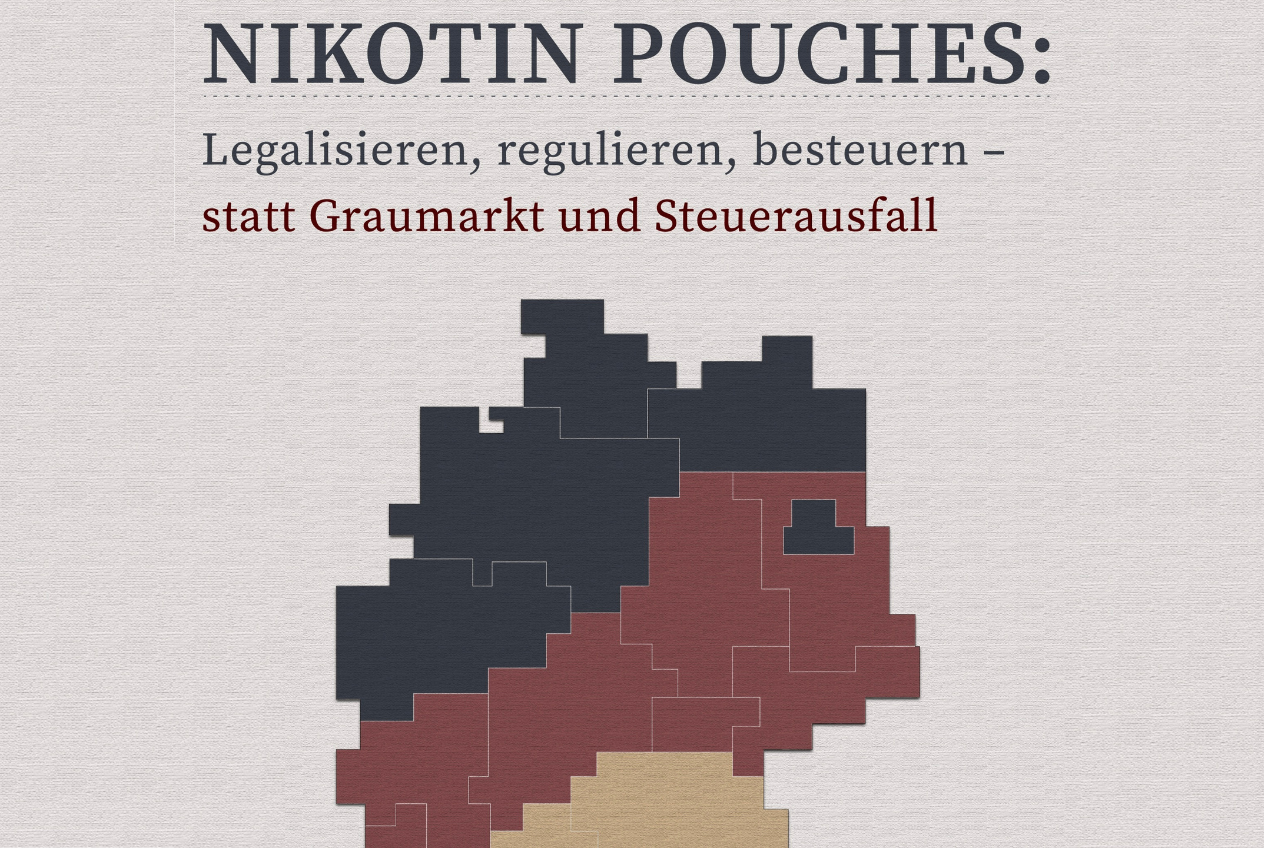KUALA LUMPUR, 11th June 2024 — The Malaysian Consumer Choice Center (MCCC), represented by Tarmizi Anuwar, highlighted significant public health concerns related to the possibility of a ban on the display of vaping products. This regulation, while well-intentioned, may inadvertently undermine efforts to reduce smoking-related harms and improve public health outcomes in Malaysia.
“By banning the display of vape products, the government risks reducing awareness about less harmful alternatives to traditional cigarettes. Vaping is widely recognized as a safer option compared to smoking, and restricting its visibility can prevent smokers from learning about these alternatives. This could slow down the vital transition from smoking to vaping, a key harm reduction strategy,” stated Tarmizi.
He further highlighted that visual exposure to vape products in retail environments plays a crucial role in encouraging smokers to consider switching. “When vape products are not displayed, smokers may miss out on opportunities to explore and understand these alternatives, thus continuing their more harmful smoking habits,” he explained.
The MCCC also fears that the display ban could contribute to the stigmatization of vaping. “Equating vaping with illegal or highly dangerous substances through such bans can discourage smokers from considering it as a legitimate cessation tool. This is counterproductive to public health efforts aimed at reducing smoking rates,” Anuwar remarked.
He added that new users who could benefit from switching to vaping might face additional challenges. “Without the ability to see and compare vape products, individuals might find it difficult to even start their journey towards quitting smoking, thereby missing out on potentially life-saving alternatives,” he stated.
Additionally, Tarmizi Anuwar pointed out the potential rise in black market activity. “Restricting the legal display of vape products can drive consumers towards unregulated and potentially dangerous alternatives. This underground market growth poses significant risks, as these products may not adhere to safety standards, increasing the likelihood of exposure to harmful substances,” he cautioned.
Moreover, the economic impact on the legal sector of specialized vape shops cannot be ignored. “These businesses rely on product displays to attract and inform customers. Banning displays could negatively affect their operations, reducing their ability to serve as resources for smokers seeking alternatives,” he noted.
In conclusion, Tarmizi Anuwar and the Malaysia Consumer Choice Center call on the Malaysian Government to reconsider the vape product display ban. “We urge policymakers to consider the broader implications on public health and to seek balanced regulations that protect youth while enabling adult smokers to access and learn about safer alternatives. Harm reduction and informed choice should be at the forefront of our public health strategy,” he concluded.




